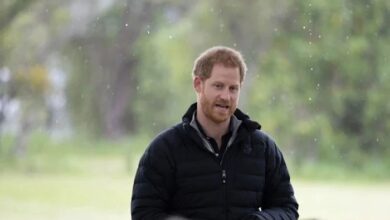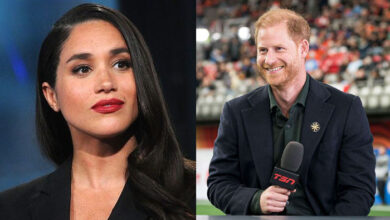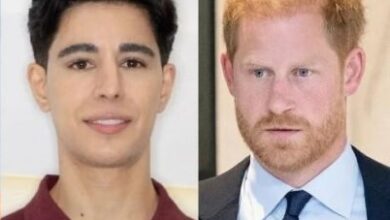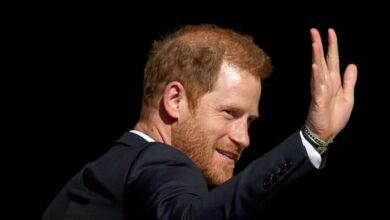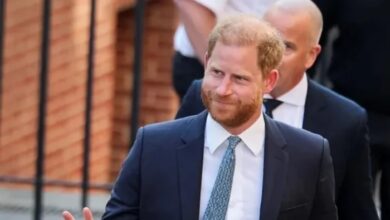Cillian Murphy’s Spiteful and Bold Gesture Against Prince Harry Raises Eyebrows
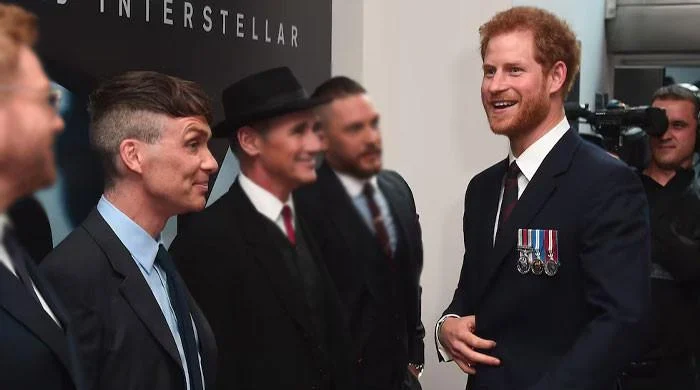
Irish actor Cillian Murphy has recently found himself at the center of attention after a resurfaced video on social media captured a seemingly innocuous encounter with Prince Harry during the world premiere of Dunkirk in 2017.
However, what appeared to be a routine interaction took on a deeper significance as eagle-eyed viewers noticed a subtle yet powerful gesture from Murphy—a gesture rooted in Ireland’s fraught history with British rule.
In the video, Murphy, known for his roles in films like “Oppenheimer,” displayed a discernible look of disdain as he engaged with Prince Harry at the Odeon Leicester Square in London.
Observers quickly pointed out that Murphy’s gesture—a simple act of placing his hands in his pockets—carried significant historical weight within Irish culture.
This act, interpreted as a sign of protest against the British monarchy, has deep roots in Ireland’s turbulent past.
Dating back to the 1920s during Ireland’s War of Independence, an order was issued in Cork city that “men with their hands in their pockets will be shot.”
Since then, the gesture has served as a symbolic form of dissent against British authority, representing the resilience and defiance of the Irish people in the face of oppression.
While Murphy’s gesture was directed towards Prince Harry, it resonated with broader sentiments of discontent towards the British monarchy, reflecting Ireland’s enduring struggle for independence and sovereignty.
Many noted that Murphy’s action underscored the ongoing tensions and grievances stemming from centuries of colonial rule and conflict between Ireland and Britain.
Read More: Prince Harry and Meghan Markle’s Sudden Announcement Left King Charles Heartbroken
It’s worth mentioning that Murphy’s protest was not an isolated incident. In the past, other prominent figures, such as Irish rugby player Ronan O’Gara, have also employed the same gesture as a form of protest.
O’Gara’s similar action during a meeting with the late Queen Elizabeth sparked controversy and repercussions, highlighting the significance of such gestures in the context of Irish-British relations.
As Cillian Murphy’s gesture continues to spark discussion and debate, it serves as a poignant reminder of the complex history and ongoing struggles that shape the relationship between Ireland and the British monarchy.
In a simple yet profound way, Murphy’s bold move challenges entrenched power structures and amplifies the voices of those who continue to seek justice and equality.
